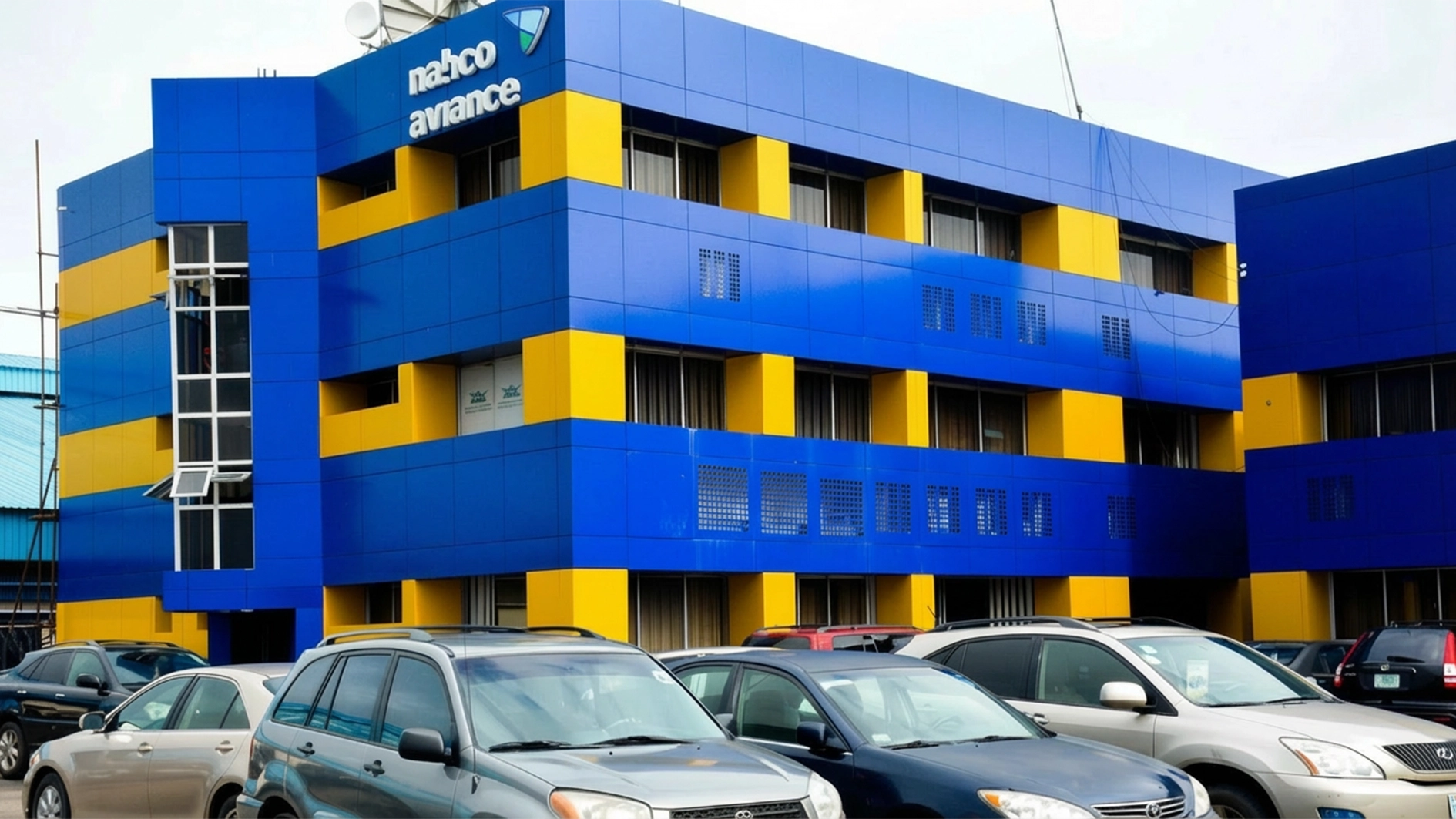Enugu State Governor, Mr Peter Mbah, has urged the Federal Government to establish frameworks to protect local manufacturers as it implements regional and global trade agreements.
He also called for deliberate reforms to strengthen access to finance for small and medium-scale enterprises (SMEs) and ensure Nigeria benefits from the ECOWAS Trade Liberalisation Scheme (ETLS).
Mbah spoke through his deputy, Mr Ifeanyi Ossai, at a one-day sensitisation workshop on the ETLS, themed “Increasing Intra-Regional Trade through ETLS”, held on Monday at the International Conference Centre (ICC), Enugu.
The governor, who described the initiative as a major opportunity to expand trade across the West African region, stressed the need for policies that align with local challenges, especially regarding infrastructure.
He commended the Federal Ministry of Foreign Affairs and the ECOWAS National Unit for choosing Enugu as the venue, noting that the Southeast region, known for its strong trading culture and entrepreneurial drive, would stand to gain immensely from the scheme.
“You know we’re traders, and when you talk about SMEs in Nigeria, you can’t discount the Southeast because that’s what we’re known for. The ETLS presents an opportunity to expand trade not just for us but for other countries within our region”, he added.
He, however, cautioned that while regional integration offered new trade opportunities, lessons from the past must not be ignored.
“There are critics who view globalisation as suffocating local production. They’re not entirely wrong. We once had Peugeot in Kaduna, Michelin in Port Harcourt and Lagos, and Aba was known for some of the best shoes. Sadly, all those have disappeared,” he said.
He also called for the decentralisation of approval powers in development finance institutions such as the Bank of Industry, Bank of Agriculture, and NEXIM Bank, to enable quicker access to funding for entrepreneurs.
“For an SME trader in Ogbete Market or Coal Camp seeking finance, applications shouldn’t have to wait for approval from Abuja,” he said.
“Government must restructure policies to empower regional offices to approve facilities for viable businesses. Development finance should be based on business potential, not collateral.”
Ossai also proposed the creation of an ECOWAS Commercial Bank to support regional infrastructure and SMEs. “Manufacturing and production cannot thrive without robust infrastructure. ECOWAS must begin to tinker with a commercial bank that finances governments and supports SMEs,” he added.
Earlier, Minister of State for Foreign Affairs, Ambassador Bianca Odumegwu-Ojukwu, described the workshop as a vital step toward deepening regional integration and empowering small businesses to take advantage of West Africa’s growing market.
“The ETLS is not just a technical instrument but a strategic pillar of West Africa’s integration agenda,” she said. “It underpins free movement of goods and services and complements the African Continental Free Trade Area (AfCFTA).”
Odumegwu-Ojukwu said Nigeria’s leadership in regional trade must translate into opportunities for local entrepreneurs.
“Success lies not in Abuja or Lagos, but in how effectively our traders, manufacturers, and innovators can compete regionally. This workshop is about democratising opportunity,” she noted.
She praised Enugu’s leadership in fostering innovation and enterprise, describing the state as “a model for how local dynamism can align with continental ambitions.”
Also speaking, the Director-General of the Southeast Chamber of Commerce, Industry, Mines and Agriculture (SECCIMA), Dr. Daniel Ochi, who represented the Chamber’s President, Mr. Humphrey Ngonadi, pledged the chamber’s commitment to promoting the scheme across the region.
“This is a historic event, and we appreciate the opportunity,” Ochi said. “We’ll escalate this sensitisation to all 17 chambers across the Southeast to ensure our members understand and key into the benefits of the ETLS.”
The workshop, organised by the ECOWAS National Unit of the Ministry of Foreign Affairs, brought together government officials, SME operators, trade experts, and business leaders from across the region to explore strategies to expand intra-regional trade and support local enterprises.






